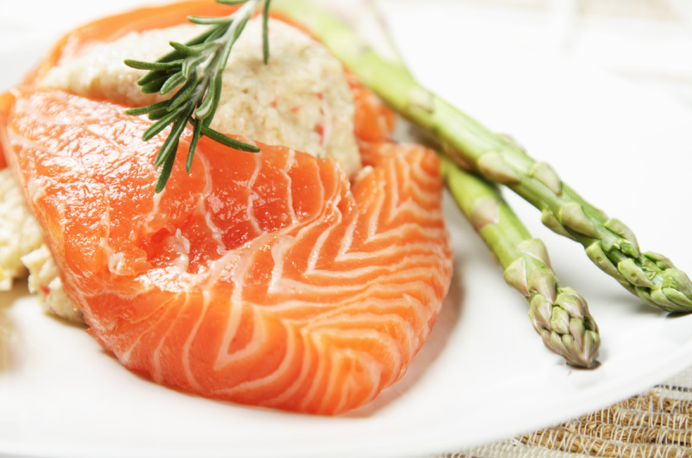The mornings are staying darker for longer and the evenings are becoming shorter. Do you get 10-15 minutes of exposure to sunlight everyday? If not, you may have a deficiency of vitamin D. Vitamin D is produced in your skin when you are exposed to ultra violet (UV) frequencies found in natural sunlight. Unfortunately, many people get very little exposure to natural sunlight and, as a result, may end up deficient in vitamin D.
Perhaps you work indoors. In the winter, many people drive to work in the dark, work all day under artificial lights and then drive home in the dark. Sun light filtered through a car window will not produce vitamin D. Cloud cover and smog reduces UV light and vitamin D production.
What is Vitamin D?
Vitamin D is primarily known for its role in promoting calcium absorption from the intestinal tract. It helps to maintain adequate levels of calcium and phosphorous in the blood to enable the mineralization of bone. Without sufficient vitamin D, bones become thin, brittle or misshapen. A severe deficiency produces the disease known as rickets in children and osteomalacia in adults. Vitamin D is needed to prevent osteoporosis in the elderly too. Vitamin D also affects the immune system.
Which foods contain vitamin D?

You can help your body get more vitamin D by eating plenty of vitamin D rich foods, such as:
- Oily fish such as salmon, sardines, pilchards, trout, kippers and eel.
- Cod liver oil contains a lot of vitamin D (don’t take this if you are pregnant).
- Eggs, meat and milk contain small amounts but this may vary depending upon seasons.
- Margarine, some breakfast cereals, infant formula milk and some yogurts have added or are ‘fortified’ with vitamin D.

